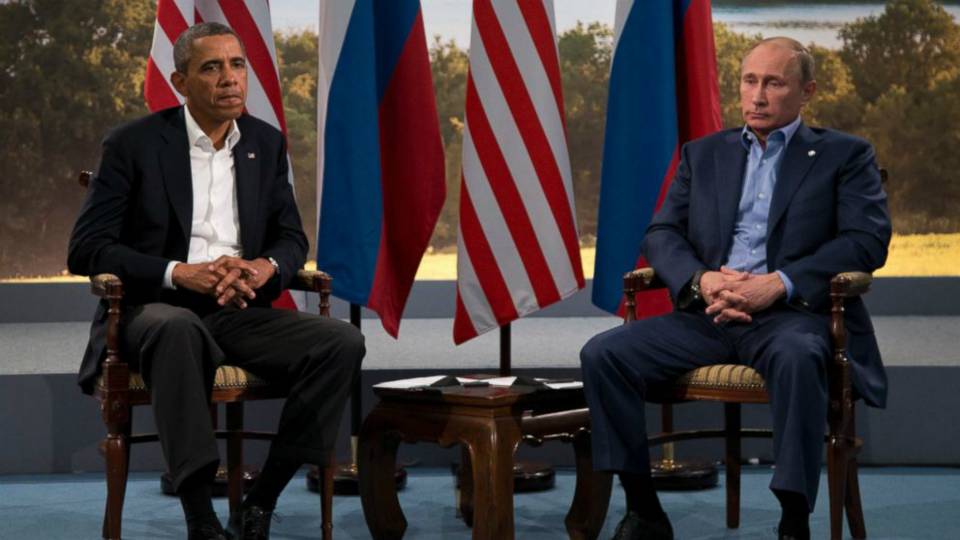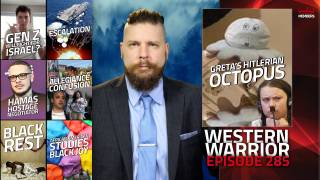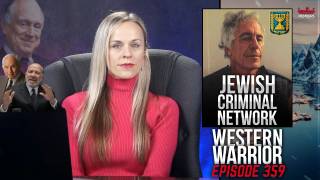US-Russia Relations Continue to Disintegrate
It's not a new Cold War. It's not even a deep chill. It's an outright conflict.
US-Russia relations have deteriorated sharply amid a barrage of accusations and disagreements, raising the stakes on issues ranging from the countries' competing military operations in Syria, disputes over Eastern European independence and escalating cyber breaches.
"This is a conflict, there should be no doubt," said Matthew Rojansky, director of the Kennan Institute at the Wilson Center, on the US-Russia confrontation.
On Tuesday, White House Press Secretary Josh Earnest said the US was considering a "range" of "proportional" responses to alleged Russian hacking of US political groups. Washington publicly accused the Kremlin of cyberattacks on election systems and the democracy itself last Friday. That came after talks on a Syria ceasefire broke down as US officials suggested Russia be investigated for war crimes in the besieged city of Aleppo.
Moscow has steadfastly denied that it's meddling in the US presidential election. In an interview this week with CNN's Christiane Amanpour, Russian Foreign Minister Sergei Lavrov said it was a baseless accusation.
"It's flattering, of course, to get this kind of attention -- for a regional power, as President Obama called us some time ago ... We have not seen a single fact, a single proof," Lavrov said.
Democratic presidential nominee Hillary Clinton has pointed to the hacks as evidence that Russia favors her GOP opponent, Donald Trump. Appearing at an investment forum in Moscow on Wednesday, Russian President Vladimir Putin dismissed that charge.
"There was a whole hysteria about that being of interest to Russia, but there is nothing within the interest of Russia," Putin said.
"The whole hysteria is aimed at making the American forget about the manipulation of public opinion," he added. "No one is talking about that, everyone wants to know who did that, what is important is what is inside and what that information is about."
Meanwhile, Moscow abruptly left a nuclear security pact, citing US aggression, and moved nuclear-capable Iskandar missiles to the edge of NATO territory in Europe. Its officials have openly raised the possible use of nuclear weapons.
And that's just the highlight reel.
The friction between Moscow and Washington -- by many assessments at its highest level since the fall of the Berlin Wall -- led Mikhail Gorbachev, the last leader of the Soviet Union, to make a plea Monday for dialogue and de-escalation.
"I think the world has reached a dangerous point," Gorbachev warned, according to Agence France Presse.
"This needs to stop. We need to renew dialogue," Gorbachev said, commenting on the US decision to call off Syria talks.
"Indeed, it's not a Cold War," said Igor Zevelev, former director of the MacArthur Foundation's Russia office. "It's a much more dangerous and unpredictable situation."
It's unlikely that tensions will ebb anytime soon, with the very real possibility of a building tit-for-tat dynamic developing at a time when channels of communication between the two capitals have dwindled.
A Western diplomat said past confrontations between the West and Russia followed a typical pattern of a slow escalation and a mutual understanding on both sides when it was time to stop.
With Russia's actions in Syria, its decision to put nuclear-capable missiles at NATO's doorstep and its cyberattacks, the diplomat said, "you have the impression they are escalating by themselves and going to the extreme."
"This is a very different system," the diplomat said. "When you listen to these new Russians, this is not the strategic balance that we knew. It is unusual and dangerous."
Recent incidents include harassment of US diplomats in Moscow and Russian claims that its foreign service officers are badgered in the US, several occasions in the past year when Russian jets and naval vessels have buzzed the US military and Moscow's 2014 violation of a core security treaty by testing a ground-launched cruise missile. The list goes on.
"The quality of relations between us is certainly at the lowest point since the Cold War," said Russia's ambassador to the US Sergey Kislyak. "The risk of miscalculations has increased," especially with NATO forces "being deployed next to our borders," Kislyak said in remarks at Johns Hopkins School of Advanced International Studies.
The ambassador said that "normal channels of communication are frozen" between the US and Russia. "We see the United States taking unfriendly steps toward Russia including sanctions, there are calls for isolating Russia," he said, adding, "it doesn't work with Russia and it's not going to work."
Lavrov told interviewers from Russia's Channel One that Moscow had pulled out of the nuclear security pact on plutonium on October 3 because of "aggressive anti-Russia tendencies at the basis of the US policy on Russia."
He pointed to NATO deployments, infrastructure and missile placement as examples of "aggressive steps that have a direct bearing on our national interests and can affect our national security."
On the US side, Lavrov's counterpart Secretary of State John Kerry led the call for a war crimes investigation into Russia's actions in Syria and has said that the US will retaliate for what it sees as interference in the 2016 presidential vote.
"They're not, quote, 'getting away with it' for free," Kerry said Monday in Palo Alto, referring to hacks on US election systems and political parties.
Russian presidential spokesman Dmitry Peskov dismissed the accusations as "nonsense" on Friday, according to the state-run Interfax News Agency.
Even so, the US has sent Russia a "very clear" message about "the unacceptability of interference with democracy in the United States of America," said Kerry. He warned that "we will and can respond in ways that we choose to, at the time of our choice."






















